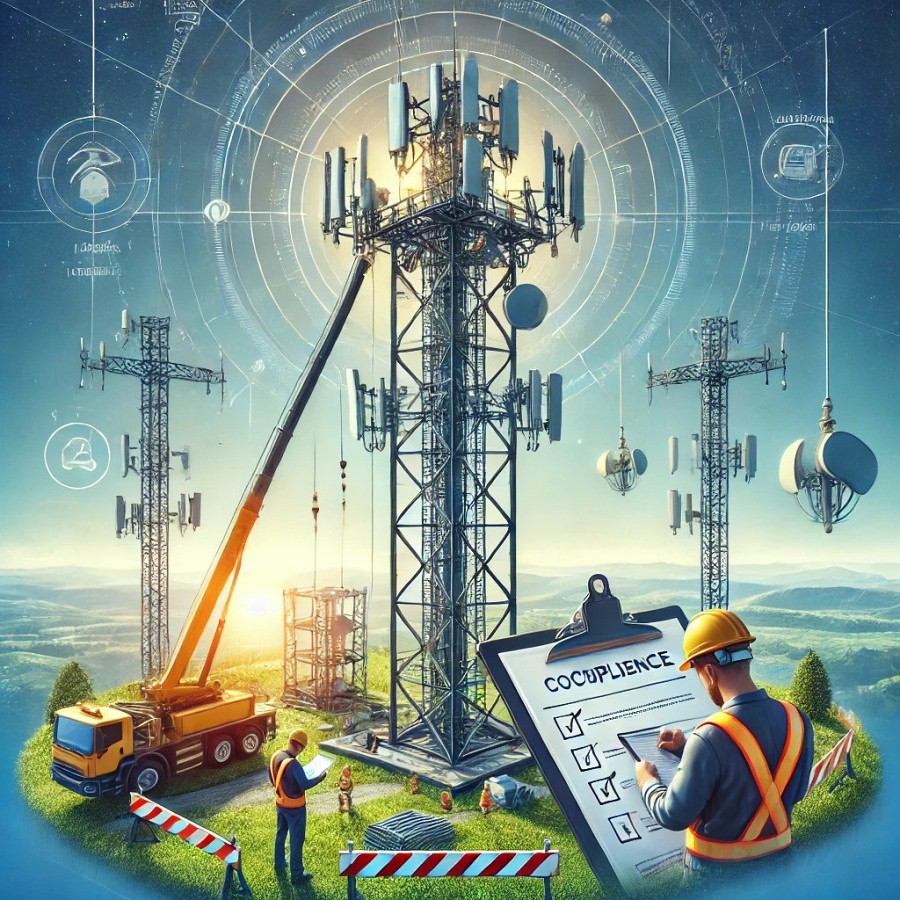Cell tower construction is critical to expanding telecommunications networks, but navigating the complex regulatory landscape can be challenging. Compliance is essential for safety, environmental protection, and efficient deployment, making a deep understanding of regulations vital for industry stakeholders.
Key Regulatory Considerations
1. Zoning and Permitting
Local zoning laws dictate where towers can be built. Permits often require environmental and community impact assessments to ensure compliance with city planning standards.
2. Environmental Regulations
Federal agencies like the FCC and EPA enforce rules to protect wildlife and natural resources. For instance, structures must adhere to the Migratory Bird Treaty Act and avoid disturbing protected ecosystems.
3. Radiofrequency (RF) Standards
Compliance with RF exposure limits set by the FCC is mandatory to safeguard public health. Contractors must conduct rigorous testing to meet these thresholds.
4. Historic Preservation and Tribal Lands
Cell tower projects may need review under the National Historic Preservation Act (NHPA) or consultation with Native American tribes if located on culturally significant land.
Strategies for Compliance
Early Engagement with Regulators
Proactively consult with local, state, and federal agencies to understand applicable requirements.
Stakeholder Communication
Engage with communities to address concerns and minimize opposition. Transparency builds trust and speeds approval processes.
Thorough Documentation
Maintain detailed records of compliance efforts, including environmental studies, RF assessments, and stakeholder consultations.
Why Compliance Matters
Failing to meet regulatory standards can lead to costly fines, delays, or project cancellations. By adhering to regulations, telecom providers can ensure smooth project execution while fostering positive relationships with communities and regulators.
Navigating telecom regulations requires expertise and diligence, but it is a cornerstone of sustainable and efficient cell tower construction. With proper planning and adherence to legal frameworks, companies like Ritel can deliver reliable connectivity while safeguarding the environment and public interest.

